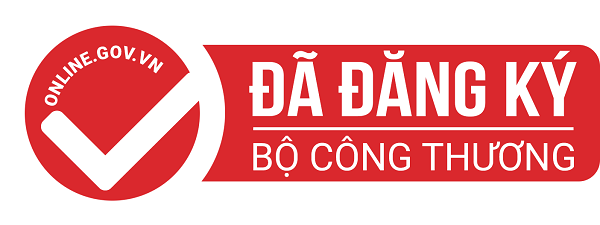Trick 1: The object of setting up a Seller account with fake information on the e-commerce floor impersonates the stores and companies doing business in reality to create trust for customers. Then the subjects posted products with prices 3-4 times cheaper than listed, along with descriptions such as "shock discount", "liquidation of stock" and these items were all sold out. high value, compact and easy to have counterfeit goods such as electronics, phones, etc. When the buyer places an order, the e-commerce floor will provide the buyer's personal information and use contact methods such as Zalo, Facebook to actively contact to entice to buy discount codes (vouchers). to transact online without going through the new e-commerce platform at a price lower than the listed price After the victim transfers the payment, the subjects intercept communication or send parcels containing items of no value.
Trick 2: Objects place orders on hold or cancel orders, but still create shipping orders from logistics companies to the buyer's address. At that time, the subject swapped goods, changed the real goods with fake goods, imitation goods or invalid items. The victim uses prepaid payment method and does not check the product when receiving the goods or mistakenly thinks this is the product he ordered on the e-commerce floor, still makes the normal payment when receiving the goods. Because the victim's transactions are outside the scope of e-commerce floors, users are not guaranteed the right to exchange and refund products because the system of e-commerce floors does not record any purchase transactions or identify the customer. damaged user.
Trick 3: Objects claiming to be employees of e-commerce floors support the return of orders that you have placed on e-commerce floors before. Taking advantage of the need for exchange and return from you, the objects will promise to withdraw and refund / refund 3 times, then trick you into clicking on the scam link and ask the victim to provide personal information such as: : phone number, identifier name, credit card/bank account details (including password and/or OTP) to appropriate money in the victim's bank account. Objects send messages/calls with the content "You receive a gift because you are a lucky customer of a certain program" or "You are a loyal customer"… These objects will love require the victim to pay additional shipping or support fees. Subjects will send messages to victims or post recruitment advertisements on floating information sites by pretending to be Lazada employees/ senior personnel and recruiting unofficial collaborators with content. such as recruiting a number of staff specializing in ordering or every day can easily make money with mobile phones. The content of the message asks you to make friends on other information applications to gain personal information as well as for other bad purposes.
Source: Department of E-commerce and Digital Economy




